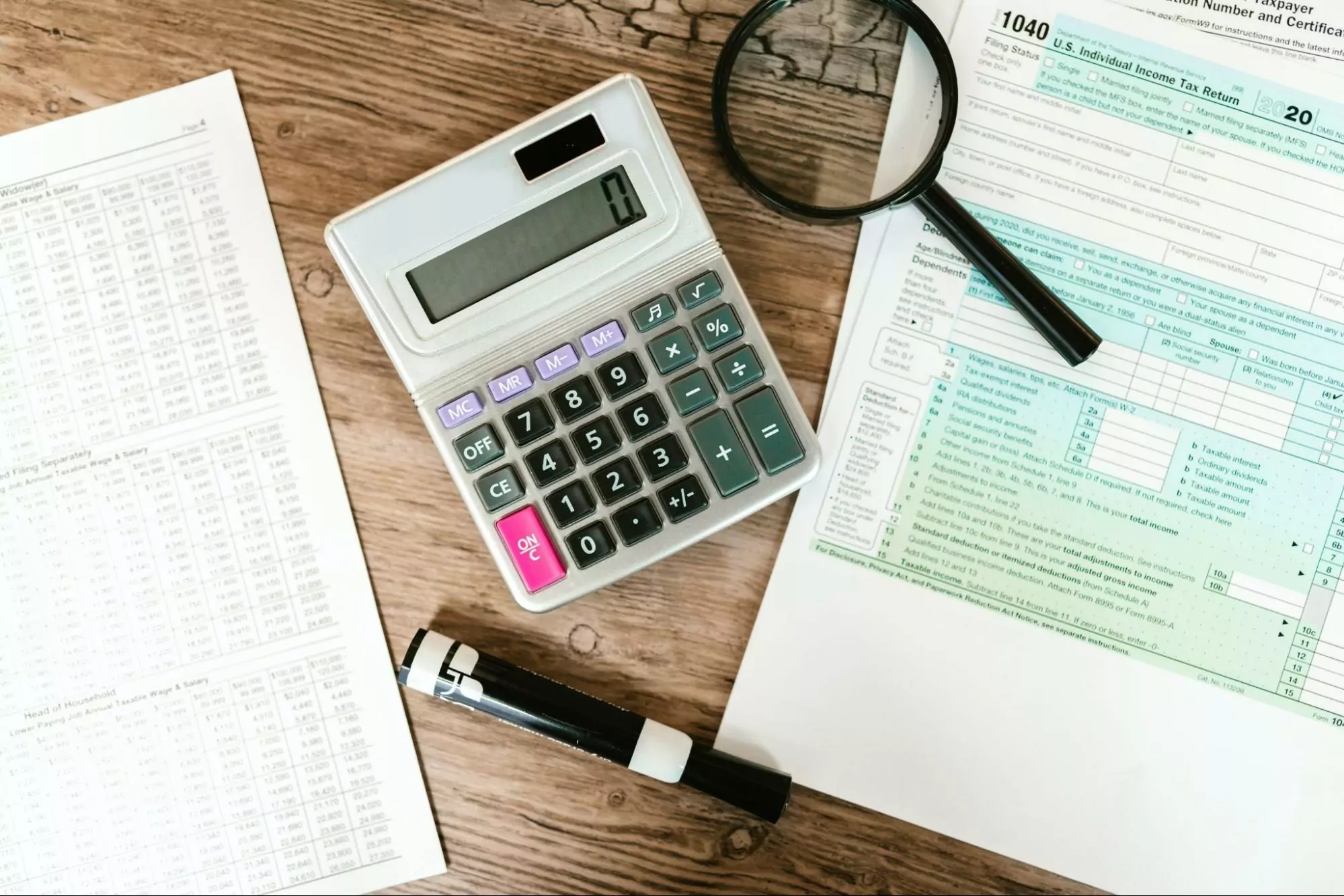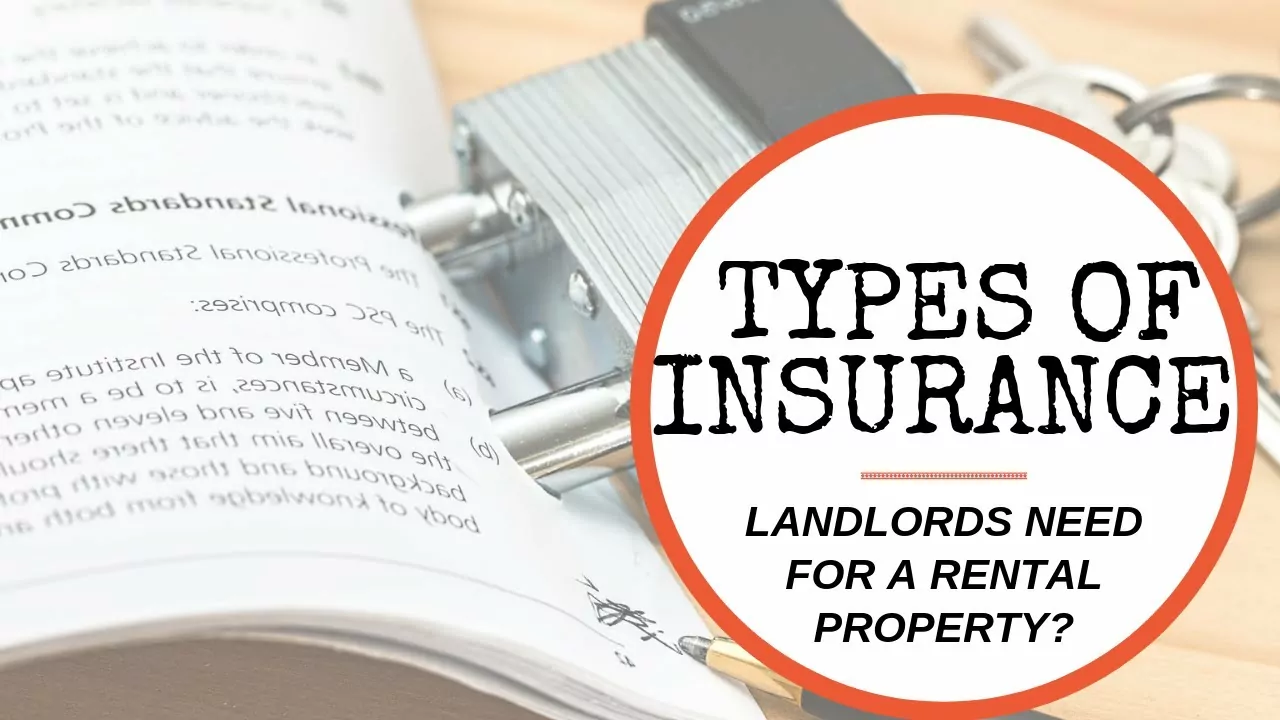As a former CPA and a current real estate investor, I can tell you that hiring a real estate CPA can help alleviate the stress of managing property finances, especially when rental property accounting or real estate tax laws aren’t your specialty. This blog explains the role and benefits of a real estate CPA, how they’re different than regular accountants, and provide tips for choosing the right real estate CPA.
Key Thoughts from Pro Landlord Saad Dar:
- As a former CPA and current real estate investor, I can tell you that working with a knowledgeable real estate CPA, especially one that specializes in real estate tax, can really change the game for your real estate business.
- There are many benefits of working with a Real Estate CPA, but for me personally, the primary one is not accounting.
- I do my own accounting using Baselane.com, but I work with local real estate CPAs and tax attorneys to plan investments and personal and business taxes (e.g., back-door IRA or 1031 exchange).
- Read the Case Studies to better understand the benefits.
What is a Real Estate CPA?
A real estate CPA (Certified Public Accountant) is a professional accountant who provides financial services and advice to landlords, property owners, and real estate investors. They specialize in real estate business finances and are well-versed in the laws and regulations associated with buying, selling, and managing properties.
Key Benefits of a Real Estate CPA
- Tax Preparation: A real estate CPA provides tax preparation services and understands real estate business tax deductions, benefits, and strategies that can save you money.
Regulatory Compliance: Real estate industry regulations and tax codes can change. A real estate CPA will ensure your financial accounting and reporting are always compliant, reducing the risk of legal issues. - Accurate Financial Records: CPA real estate accounting professionals ensure all investment property ledgers, reports, and balance sheets are accurate, which is essential if you’re applying for a rental property loan.
- Avoid Costly Mistakes: Having a real estate CPA oversee your books and rental property expenses will help minimize mistakes and identify cost savings to optimize investment returns.
- Growth and Expansion: A CPA specializing in real estate can advise on investing strategies and the tax ramifications of buying, owning, and selling property to make informed decisions about growing your portfolio.
- Save Time: Hiring a real estate CPA to manage investment property finances means you can spend time focusing on other aspects of your rental business.
- Networks and Contacts: These real estate accounting professionals generally have a strong network in the real estate industry, with contacts for finding, managing, and financing rental properties.
Case Study 1: Maximizing Deductions
Background: Sarah, a landlord with three rental properties, was unsure about the variety of expenses she could claim as deductions on her tax return. She had always done her taxes herself but felt she might be leaving money on the table.
Solution: After hiring a Real Estate CPA, Sarah discovered she had missed potential deductions in the past years, such as mortgage interest, property tax, operating expenses, depreciation, and even travel expenses related to property management. The CPA also introduced her to cost segregation, which accelerated her depreciation deductions.
Outcome: With the Real Estate CPA’s guidance, Sarah was able to claim a significantly larger amount in deductions, leading to substantial tax savings.
Case Study 2: Navigating a 1031 Exchange
Background: Raj was planning to sell one of his rental properties and was looking to reinvest in another without incurring a heavy tax burden from the capital gains.
Solution: Raj’s Real Estate CPA suggested utilizing a 1031 exchange, allowing him to reinvest the proceeds from the sale into a new property and defer the capital gains tax. The CPA navigated the strict timeline and criteria necessary for the transaction to qualify.
Outcome: Raj successfully acquired a higher cash-flowing property while deferring thousands in capital gains tax, enhancing his portfolio’s overall profitability.
Case Study 3: Audit Representation
Background: Elena received a notice that her rental property financials were being audited by the IRS. Elena was using Baselane to do all her rental property accounting, so she had good records and uploaded all her receipts onto Baselane. However, she was still nervous and unsure how to proceed, so she turned to a Real Estate CPA.
Solution: Elena downloaded all her transactions and profit and loss statements from Basleane and emailed them to her CPA. The CPA meticulously reviewed Elena’s records, ensuring all data was accurate and well-documented. They then represented Elena during the audit, addressing the IRS’s queries and concerns.
Outcome: The audit concluded smoothly, with the IRS satisfied with the documentation and no penalties imposed on Elena. Her peace of mind throughout the process was invaluable.
Difference Between a Real Estate CPA and an Accountant
Although real estate CPAs and accountants offer similar services, there are significant differences between them.
Accountants have a degree in accounting or related fields. Their work experience involves general accounting tasks like bookkeeping, financial statements, and basic tax filing. They know a lot about generally accepted accounting principles but might not have in-depth knowledge of specific industries. If they do have a specialty, it’s usually in their title—for example, real estate accountant or real estate tax accountant.
A real estate CPA has a designation for passing state education and licensing requirements to be a certified public accountant specializing in real estate. They are generally more up-to-date on tax codes and strategies and can perform duties regular accountants can’t. This includes representing real estate investors if there’s a tax audit or dispute.
When to Use a Real Estate CPA
In real estate investing, there are certain situations that may require the expertise or advisory services of a CPA specializing in real estate.
Real Estate Axes
- Aftertax Proceeds: A real estate CPA can guide you on legal responsibilities and rights for property taxes on real estate acquisitions and capital gains to avoid any unpleasant tax surprises after selling a property.
- Tax Returns: For accuracy and compliance, a real estate CPA will ensure that your property tax returns are filed correctly, minimizing the risk of errors and potential penalties.
Real Estate Exchanges
- Standard Exchange: Real estate CPAs can help you meet IRS requirements of using the sale proceeds of a real estate investment to buy another property during a 1031 exchange (also called a like-kind exchange).
- Complex Exchanges: A real estate CPA will keep you tax-compliant for more complex exchange strategies like reverse exchanges, delayed exchanges, and improvement exchanges.
Real Estate Investment Trusts (REITs)
- Investing in REITs: A real estate CPA can advise on the financial benefits and risks of investing in REITs, which are companies that own, operate, or finance real estate.
- Managing REIT Dividends: Earnings from REITs are often distributed as dividends. A real estate CPA can help manage these dividends and the related tax implications.
Real Estate Expense Categories
- Categorizing Expenses: Real estate CPAs will ensure your rental property expenses are categorized correctly for tax and real estate accounting purposes.
- Maximizing Deductions: A real estate CPA will be more familiar with deductible rental property expenses. For example, time spent managing rental properties could be deducted as passive losses.
Tips on Choosing a Real Estate CPA
According to the Accountancy Licensee Database (ALD), there are 672,587 active CPAs in the United States. Here are some tips for choosing the right CPA in real estate for your rental business.
I recommend you also checkout some Real Estate CPAs on Youtube, like Karlton Dennis (no affiliation). I personally like his content and style.
- Experience: Look for a CPA with a strong real estate background.
- Certifications: Make sure they’re a licensed CPA.
- Services: Check if their services match your needs.
- Communication: They should be easy to communicate with and break down tricky topics.
- Local Knowledge: Your CPA should be familiar with local real estate business tax laws.
- Testimonials: Look at online reviews or ask them for client feedback.
- Transparent Pricing: Know their pricing from the start and confirm there aren’t any hidden fees.
- Stays Updated: They should be updated on the latest real estate regulations and trends.
- Recommendations: Ask friends or colleagues in real estate for recommendations.
How Much Does a Real Estate CPA Cost?
Given the limitations of manual rent ledgers, there’s never been a better time to switch to automated accounting software tailored for Californian real estate investors.
Don’t let outdated methods hold you back. Make the switch to Baselane today and experience the future of landlord management.
Your properties won’t manage themselves, but with Baselane, it’ll sure feel like they do click here to get started for free.
Fees and Pricing Structure
Real Estate CPAs can vary in fees depending on their experience, the complexity of services, and geographical location. Here’s a rough breakdown:
Hourly Rate: Most Real Estate CPAs charge an hourly rate. This can range from $100 to $400 an hour. More experienced CPAs in urban areas tend to charge on the higher end.
Fixed Fees: For specific tasks like annual tax preparation, financial or tax planning, or financial statement preparation, a CPA might charge a fixed fee. This could range from $500 to $5,000 or more, depending on the complexity.
Retainer Basis: For landlords who require ongoing services, a monthly retainer might be more cost-effective. This could range from $500 to $2,000 a month, offering services like regular financial statement preparation, tax planning, and advisory. This is not recommended for smaller landlords.
Additional Costs: Keep in mind, for more complex services like representing in an audit or navigating a complicated real estate transaction, fees could be higher depending on the complexity.
It’s always recommended to get a detailed quote upfront, ensuring clarity on all potential costs.
Final Thoughts
The right real estate CPA can help you stay on top of property taxes, deductions, and real estate investing strategies for more profitable portfolios. However, you should still track rental property expenses and receipts to give your real estate CPA everything they need to manage your property finances.
Baselane landlord accounting and bookkeeping automatically tracks income and expenses and tags them to the right Schedule E category. Book a FREE demo to see how Baselane works.







